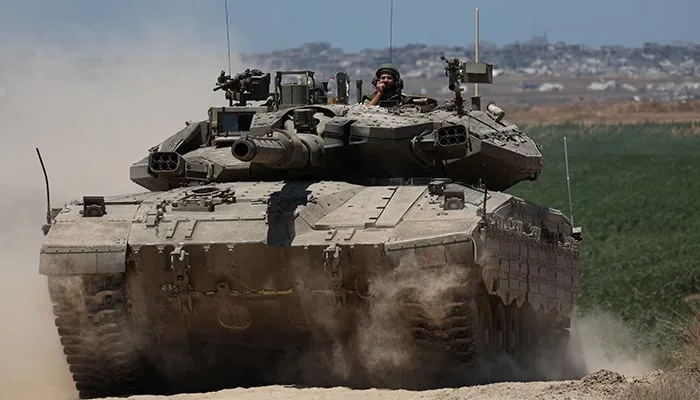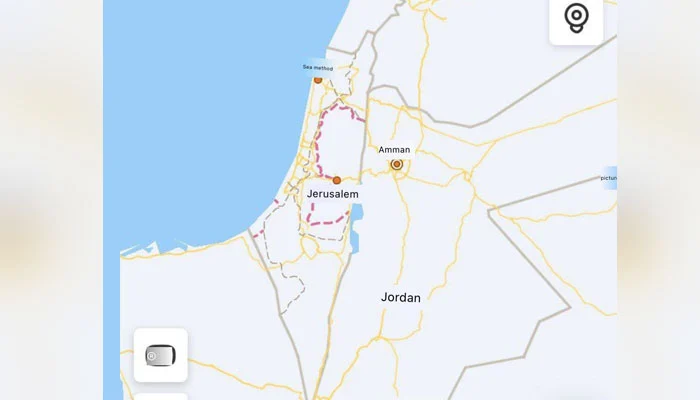In a tragic turn of events, Israeli tanks inadvertently targeted their own soldiers in northern Gaza, resulting in the death of five Israeli soldiers. The shelling, originating from an Israeli tank building, adds to the intensifying violence in the region. Israel’s response to the incident includes plans to deploy additional troops to the Rafah region of southern Gaza, further exacerbating the attacks on residential areas.
The relentless assault by the Israeli army has claimed the lives of over 40 Palestinians in the past 24 hours alone, as they continue to target densely populated areas. The United Nations has reported that Israel has expanded the scope of the conflict to encompass 78% of Gaza, raising concerns about the humanitarian situation. The World Food Program has sounded the alarm, warning that Gaza has only a few days of food and fuel reserves left, emphasizing the urgent need for intervention to prevent a humanitarian catastrophe.
Meanwhile, in a retaliatory strike, five Israeli soldiers were injured in an attack by a Hezbollah drone in northern Israel. The attack also resulted in damage to an Israeli military installation, underscoring the escalating tensions in the region and the potential for further violence.
Amidst the ongoing conflict, a significant development has occurred within the Biden administration, as a Jewish female official has resigned from her position in protest against Israel’s aggressive actions in Gaza. The resignation highlights the deep divisions and moral dilemmas faced by individuals and governments in the midst of the conflict, as they grapple with the ethical implications of supporting or condemning Israel’s military operations.
The situation in Gaza remains precarious, with civilians bearing the brunt of the violence and facing severe shortages of essential supplies. The international community must urgently address the humanitarian crisis unfolding in Gaza and work towards de-escalating the conflict to prevent further loss of life and suffering.
Efforts to achieve a ceasefire and resume diplomatic negotiations are imperative to bring an end to the cycle of violence and pave the way for a lasting peace in the region. However, achieving a resolution to the conflict remains a formidable challenge, requiring the collective commitment and cooperation of all parties involved.
As the conflict in Gaza continues to escalate, the plight of civilians caught in the crossfire serves as a stark reminder of the urgent need for a peaceful and sustainable solution to the longstanding Israeli-Palestinian conflict. The international community must redouble its efforts to address the root causes of the conflict and promote dialogue and reconciliation to achieve a just and lasting peace in the region.



